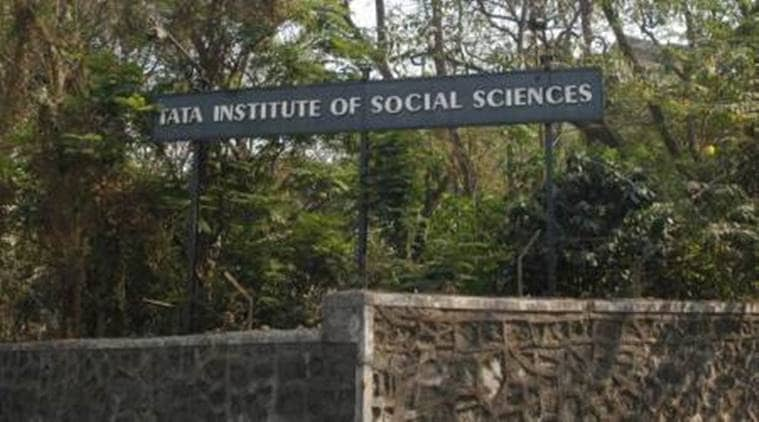 TISS, on its part, said that the Academic Council is a statutory body and students can only make recommendations to the standing committee. (File Photo)
TISS, on its part, said that the Academic Council is a statutory body and students can only make recommendations to the standing committee. (File Photo)
The Tata Institute of Social Sciences (TISS), Mumbai, has courted fresh controversy after it rejected the student union’s agenda on fee regulation for the Academic Council meeting. The student union has, in a statement, expressed its disappointment and called it an ‘exclusionary treatment’ meted to union members in the Academic Council. TISS, on its part, said that the Academic Council is a statutory body and students can only make recommendations to the standing committee.
The student union had earlier proposed the regulation of various fees and charges payable by students as an agenda for the Academic Council. The matter of fees has been a sore point between the student union and the management since protests broke out in February this year. Students had launched an indefinite strike, boycotting classes, to protest the administration’s decision to withdraw fee waiver to students eligible for Government of India-Post-Matric Scholarship. The protests continued for over two months.
Last week, the student union had responded to a call for agenda for the Academic Council by proposing that fees payable by students be regulated. However, in a letter dated October 4, 2018, to the student union general secretary, TISS registrar C P Mohan Kumar said that the student union had no right to raise the issues of admission, examination, course development, fees and service conditions of staff and faculty to the Academic Council or any other statutory body.
The student union has now said that the rejection of the agenda was not based on any guidelines on the roles of the student union. “The denial of right to raise issues ‘curtails the process of finding solutions’ to students’ problems, and has appealed to the institute to reconsider the agenda,” the union said in its statement released Sunday.
It was in 2011 that the institute management decided to include student representatives in the Academic Council, recognising students as equal stakeholders of the institute.
A student union representative, on the condition of anonymity, said that fees was the most important issue for students and hence they should have a say in the matter in the Academic Council.
“The Academic Council is a statutory body. As a basic principle, students can’t have a say on the issues of admission, examination, course development, fees and service conditions of staff and faculty. A student representative met me and we have told the students that they can make their recommendations to the standing committee for fees. The committee can bring the matter before the Academic Council. The council will then accept/reject or modify the recommendations,” said Mohan Kumar.